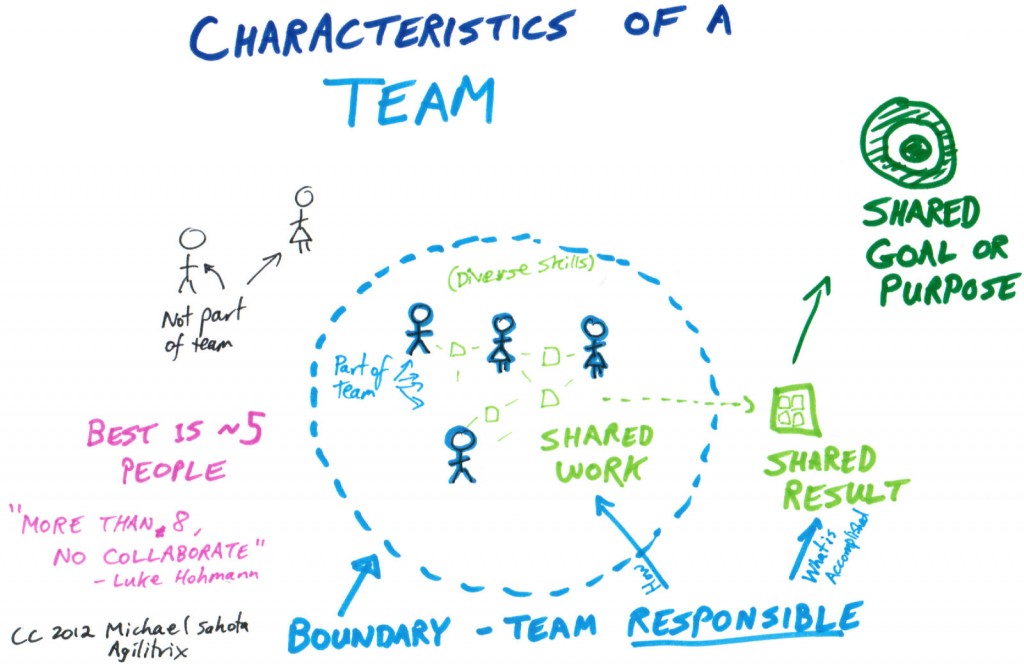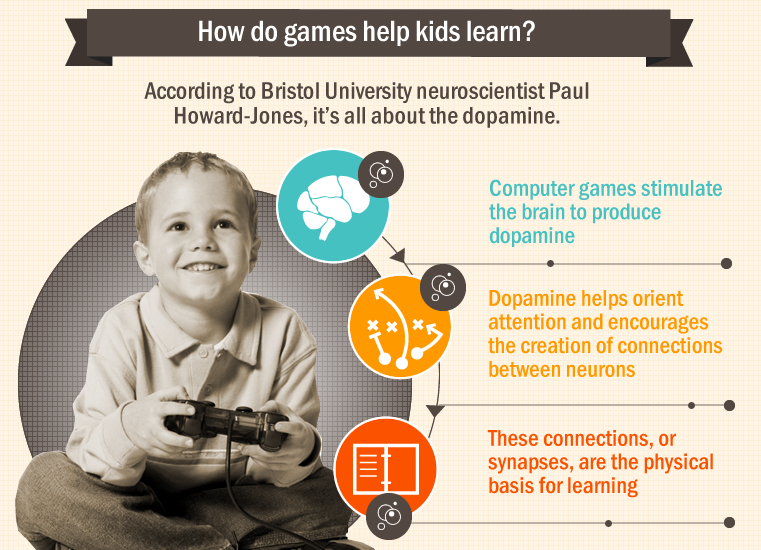Speech therapy is an exercise in successful collaboration. Not just between the SLP and the child, but between parents and SLPs, SLPs and teachers, SLPs and doctors or SLPs and other professionals. How many times have you ever done a job and wished you had some help? Be it cleaning up a room, filing your taxes or cooking a meal. Chances are, you wished you had some help for several reasons. Teamwork often gets the job done faster, makes the work easier, and helps you problem solve challenges. Effective and successful speech therapy requires the team approach with parents especially to promote generalization, enhance learning and ultimately achieve goals sooner.
10 Ways To Teach A Child Colors
Speech Therapy TechniquesColors are an important language concept. We use them to describe most everything in our world and organize things according to them. In speech-language therapy, colors are often taught and at the very least assessed as part of a standard language battery. Though it might seem easy to grasp, learning colors can be a challenging task for children. Children often learn names of nouns before they learn descriptive words about those nouns (like colors) and can be easily confused when an array of colors are present in a large group. The typical developmental timeline is that children name some colors correctly by the end of their fourth year. At age five, children should correctly name at least four colors. For a child with a language impairment, this can be even trickier and ultimately delayed. Try focusing instruction to teach a child colors with these ten activities.
3 Pretend Play Apps that Help Stimulate Language
Language Development Speech Therapy TechniquesWhen you think of your fondest childhood memories, do they involve pretend play? Mine do. Dress up, doctor, grocery store, teacher and beauty parlor to be specific. Child development experts know this isn’t just any childhood activity, pretend play serves a purpose in fostering language skills and cognitive development in children. For children with language disorders, pretend play is a great therapy technique. Today, however, you don’t need a set of dolls and teacups – the great people at Toca Boca have developed a line of pretend play apps. Now you can have a birthday party, tea party, build a robot and style your hair – without all the usual play props. Using your iPad, parents looking to incorporate at-home speech and language therapy activities, should consider using these great apps.
Build Your Child’s Vocabulary! Top Speech Therapy Activities
Speech Therapy TechniquesSpeech therapy activities often work to improve a child’s understanding of language. If you’ve read our recent posts on boosting expressive language and receptive language skills in children, you’ve probably already realized that vocabulary has a lot to do with those crucial areas. After all, how can your youngster follow your direction to “Stop aggravating your sister, Billy!” when he does not yet understand the word “aggravating”? Before jumping to the conclusion that your tiny tot is in a rebellious stage and is purposefully trying not to follow directions, consider whether he understands the vocab you’re using.
Building a child’s vocabulary probably sounds like a tedious task. But you can banish those images in your head of long hours spent doing flashcard drills (unless, of course, your youngster actually – gasp! – enjoys doing flashcards). Building your kidlet’s vocab can – and should – be fun! There are countless games you can play that helps strengthen vocab skills, and I’ve listed a few of them in this post to get you started. As always, it’s important to collaborate with your child’s speech-language pathologist (SLP). She can point you in the right direction for speech therapy activities that suit your child’s needs.
At-Home Speech Therapy for Expressive Language Skills
Speech Therapy TechniquesSpeech therapists have countless tricks up their sleeves, along with at-home speech therapy techniques they can teach to parents. One of the many facets of language that a speech therapist can teach your child is expressive language skills. If your child has an expressive language disorder, it means that he has difficulty using language to communicate, or in other words, expressing himself. Your child might have limited speech or he might be entirely nonverbal. Communication difficulties can be extremely frustrating for your child. He might know what he wishes to say, but cannot verbalize it.
Sometimes, speech and language impairments can encourage the frequency of temper tantrums and similar behavioral problems because the child is so frustrated from being unable to make his wishes known. If your child has difficulty speaking, a speech-language pathologist (SLP) can help. To accelerate your child’s progress, talk to the SLP about at-home speech therapy techniques to use at home.





